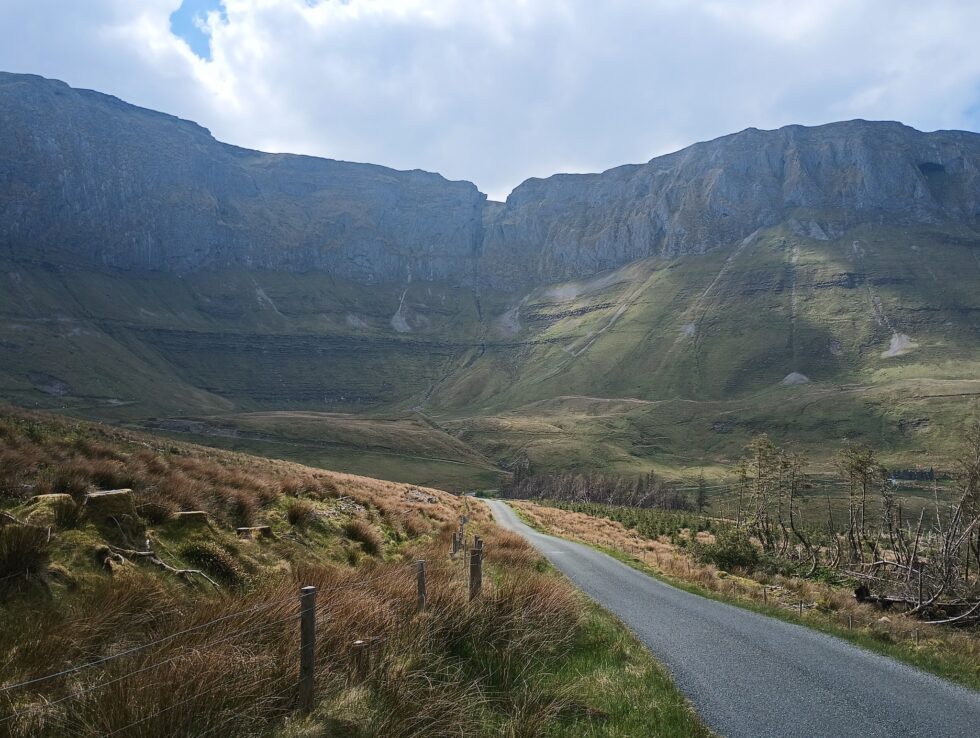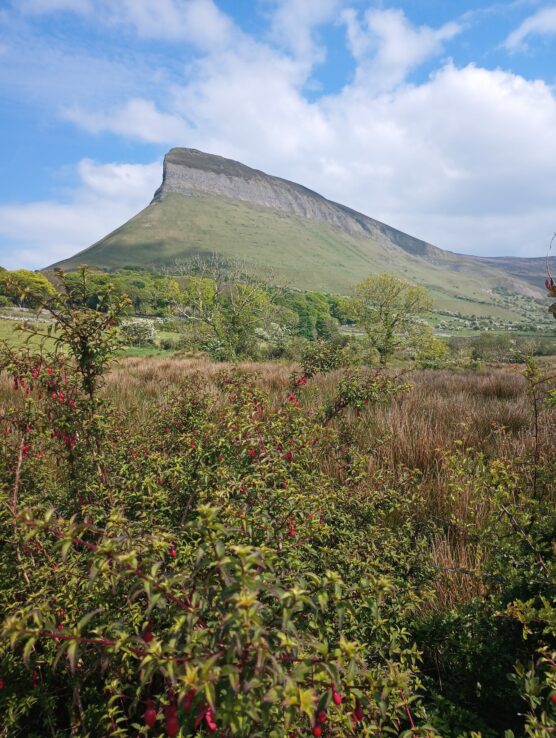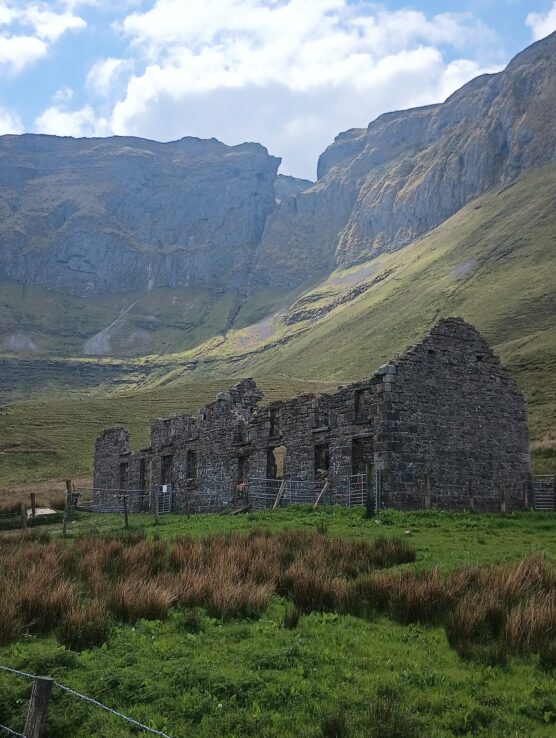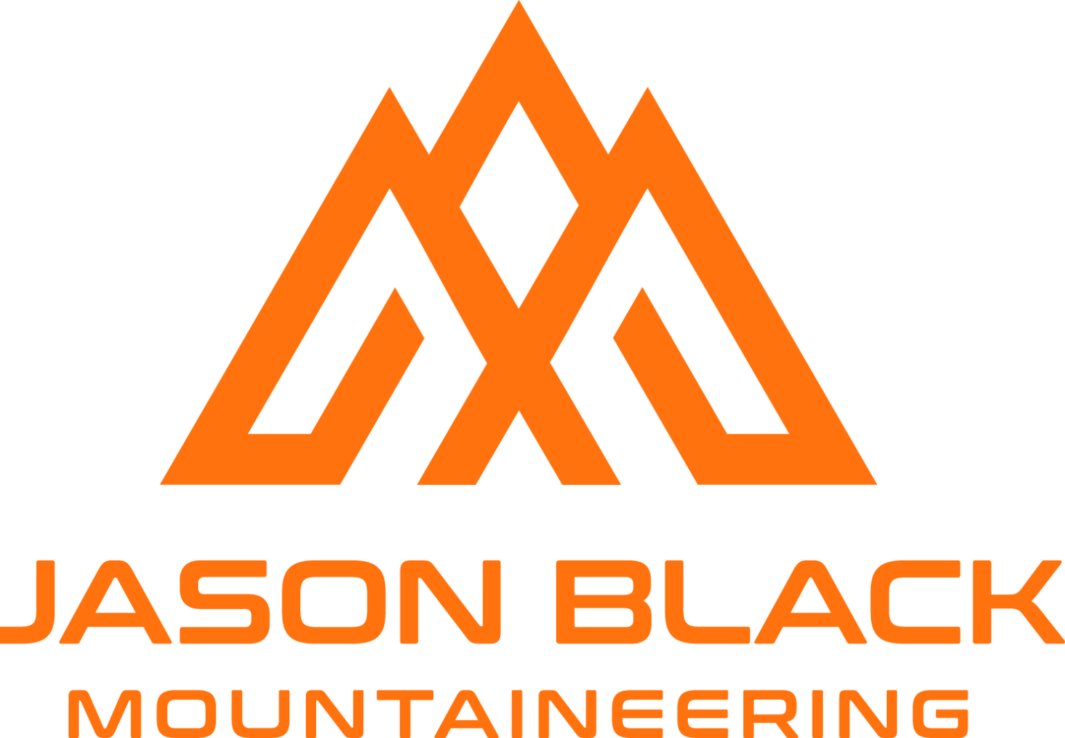
DARTRY WINTER SEVEN SUMMITS
DARTRY WINTER SEVEN SUMMITS
31 January 2026
Benbulbun Walk
Int 35k / Adv 37k
1420 m
Getting Winter Ready:
Ireland 7 Summits guide – John O Brien
Gear Overview:
Ireland’s winter mountains are unpredictable. Conditions can change in an instant. What feels calm in the valley can be fierce and wild on those summits. To ensure your safety and comfort, the following gear is considered essential for our high-level winter hill walking challenge. Arriving fully prepared is not optional, it is part of our ethos of respect for the mountain and for yourself.
⸻
Gear List
🎒 Backpack / Rucksack
• Size: 30–40 litres with waist and chest strap
• Use a dry bag liner (or heavy-duty refuse sack)
⸻
🧥 Waterproofs / Windproofs
• Jacket & Over-trousers: (Gore-Tex, eVent or similar)
👉 Equipment Partner: Mammut
👉 More info: Choosing a suitable rain jacket >> Click Here
⸻
👖 Legwear
• Mountain trousers: stretchy, quick-dry, allow free movement
⸻
👕 Base & Mid Layers
Several thin layers are better than one thick layer for easy temperature control.
• Base Layer: Moisture-wicking. Avoid cotton
• Mid Layer: Fleece or wool. Microfleece is excellent
⸻
🥾 Footwear & Socks
Break in new boots before the event to avoid blisters.
• Good quality, waterproof, comfortable, supportive mountain boots
• Trail shoes are not acceptable for winter
👉 More info: Choosing mountain boots >> Click Here
• Socks: Non-cotton, high-wicking hiking socks. Carry a spare pair
⸻
🧢 Headwear
• Warm hat or cap
• Buff / balaclava for wind and cold
• Lip balm & sun protection recommended
• Sunglasses
⸻
🧤 Gloves / Mitts
• Insulated waterproof gloves or mitts
• Spare gloves strongly advised
⸻
🥤 Food & Hydration
• Two litre water
• Hot flask tea or soup recommended in winter
• Lunch & Snacks: Energy-rich, slow-release carbs (sandwiches, pasta, wraps)
• Sugar snacks (Jelly babies, bounty bars)
⸻
🔧 Additional Recommended Items
• Head torch
• Trekking poles (reduce knee strain, improve balance)
• Emergency first aid
• Personal storm shelter
• Whistle
• 1.4m sling
• Phone (waterproof seal)
• Small power-bank & lead
⸻









